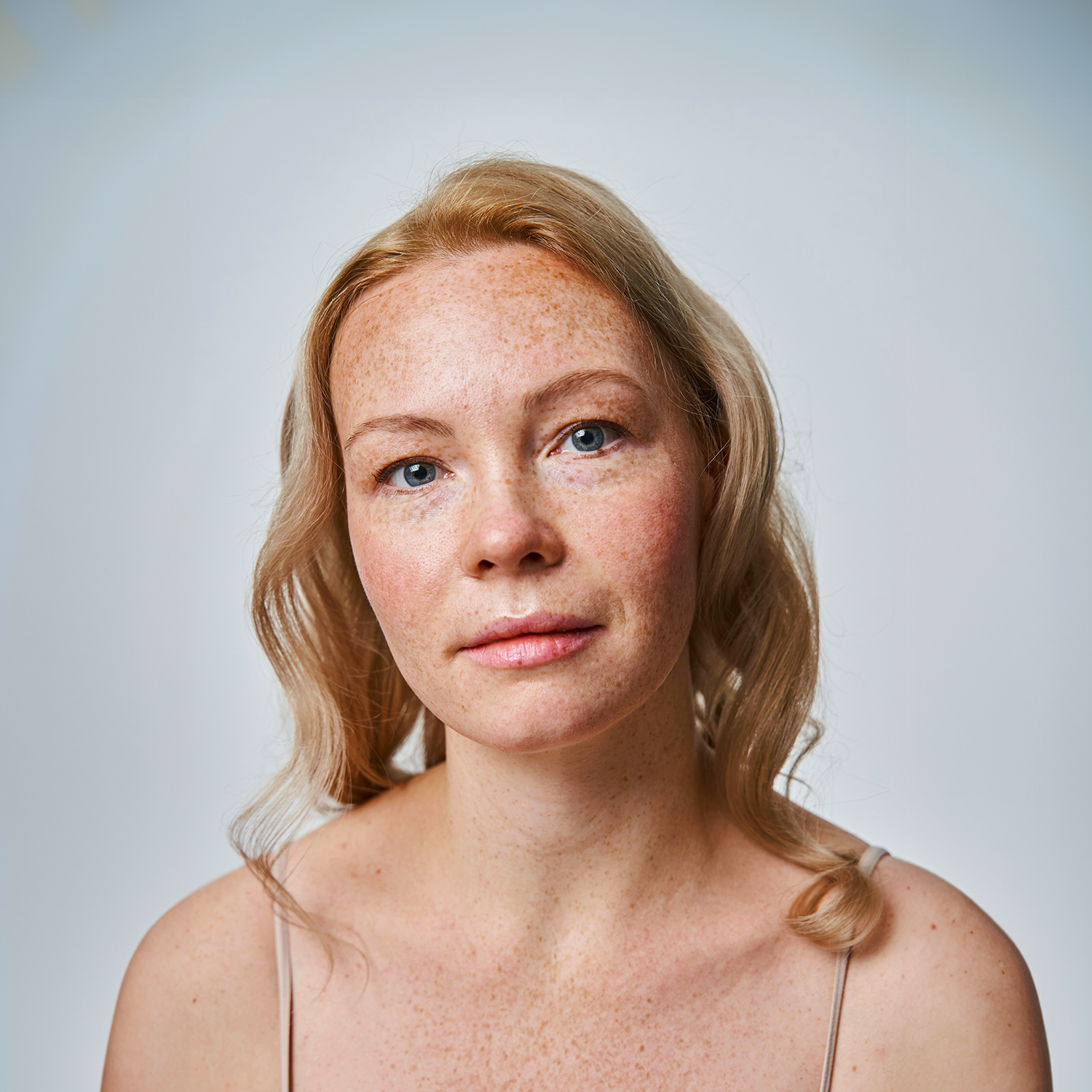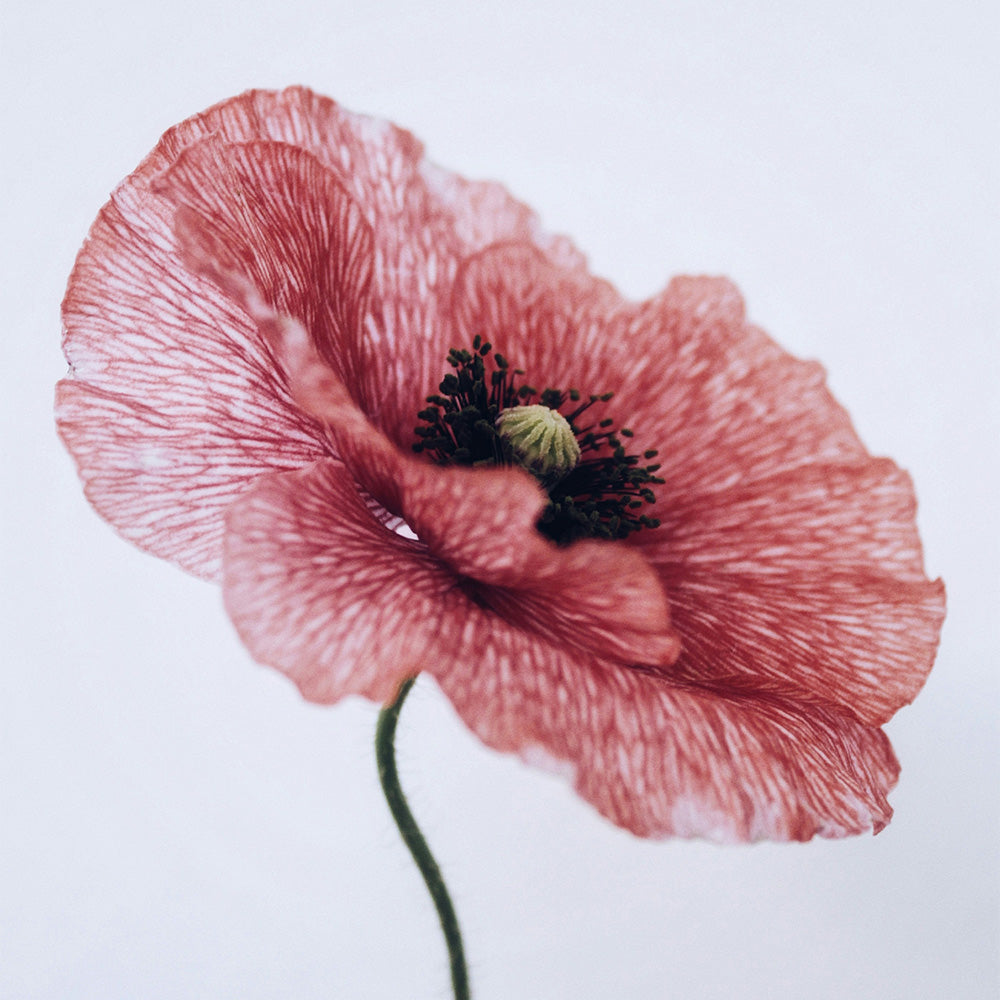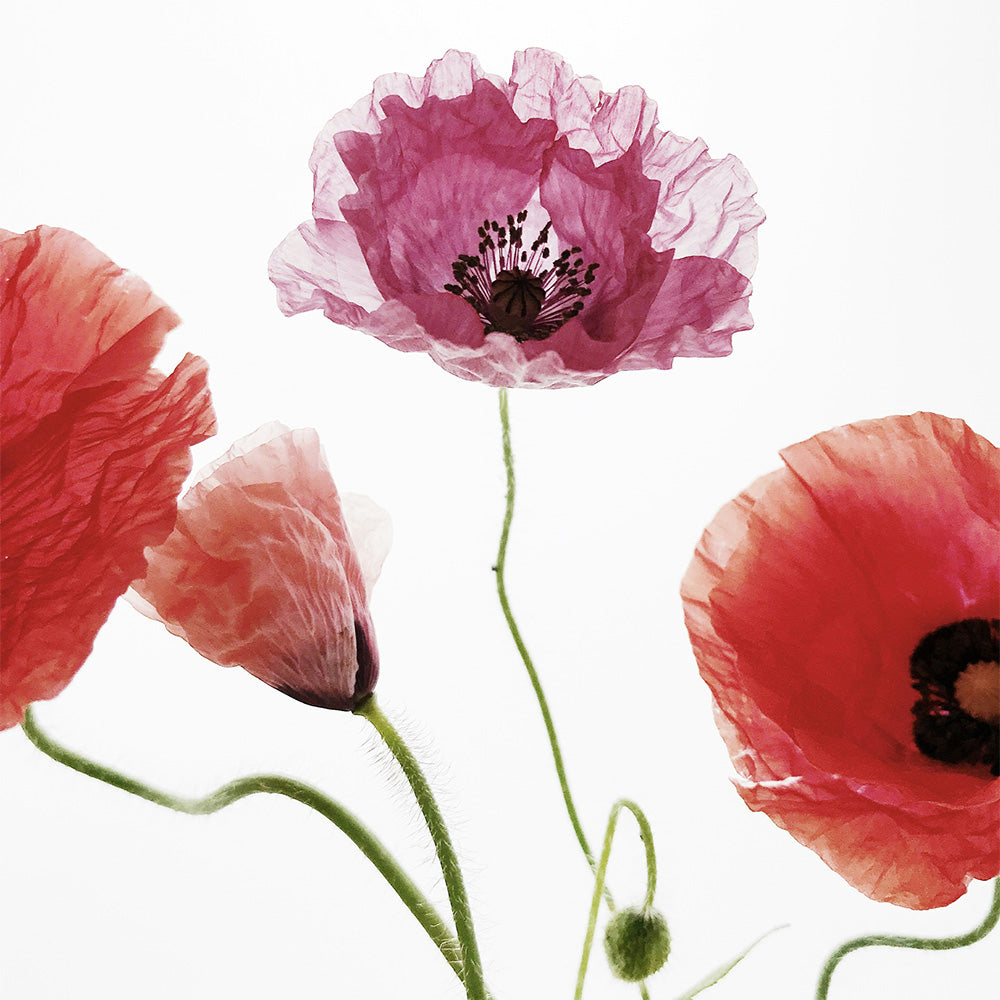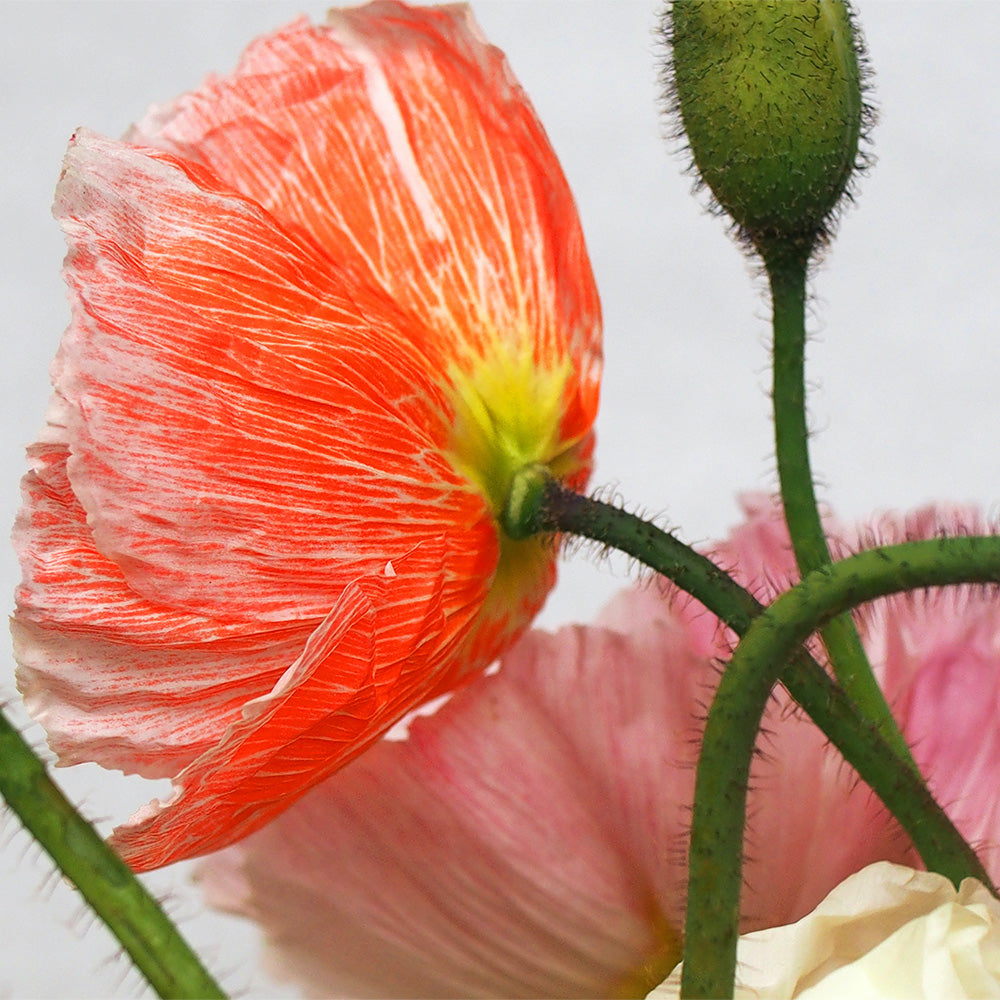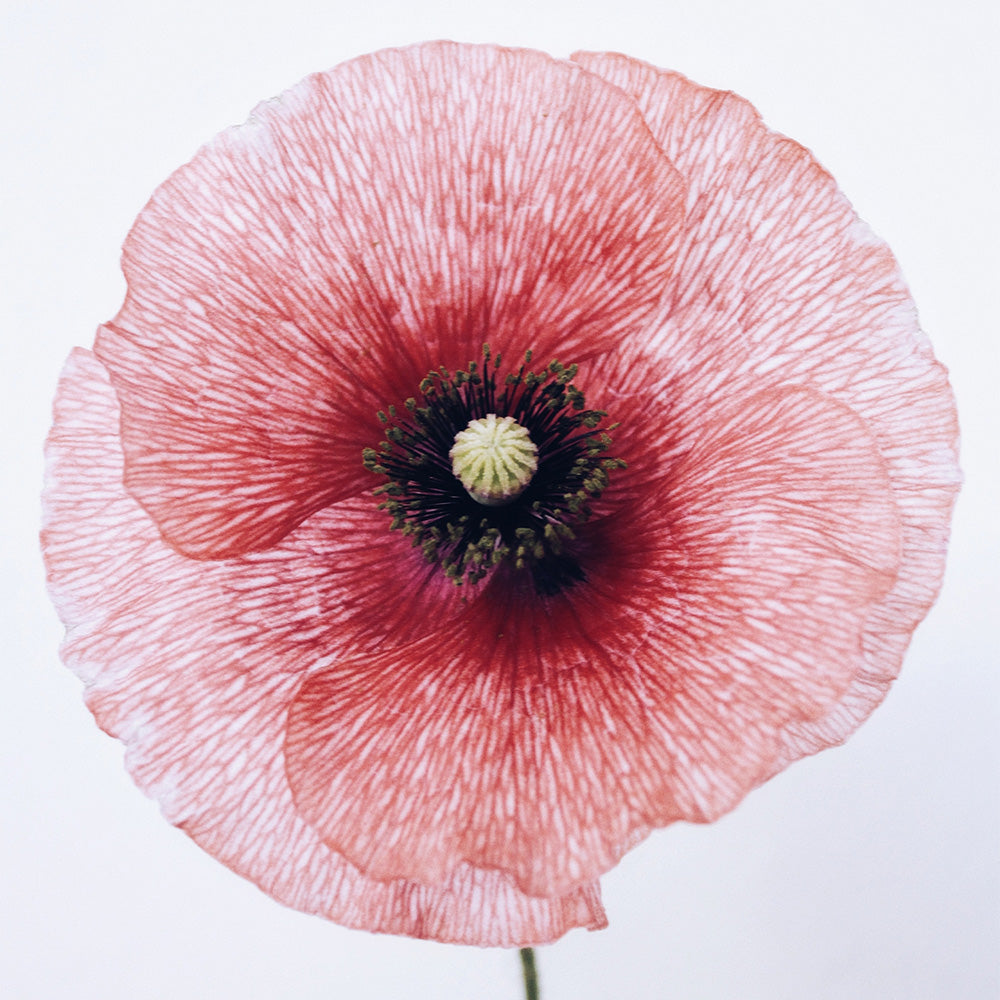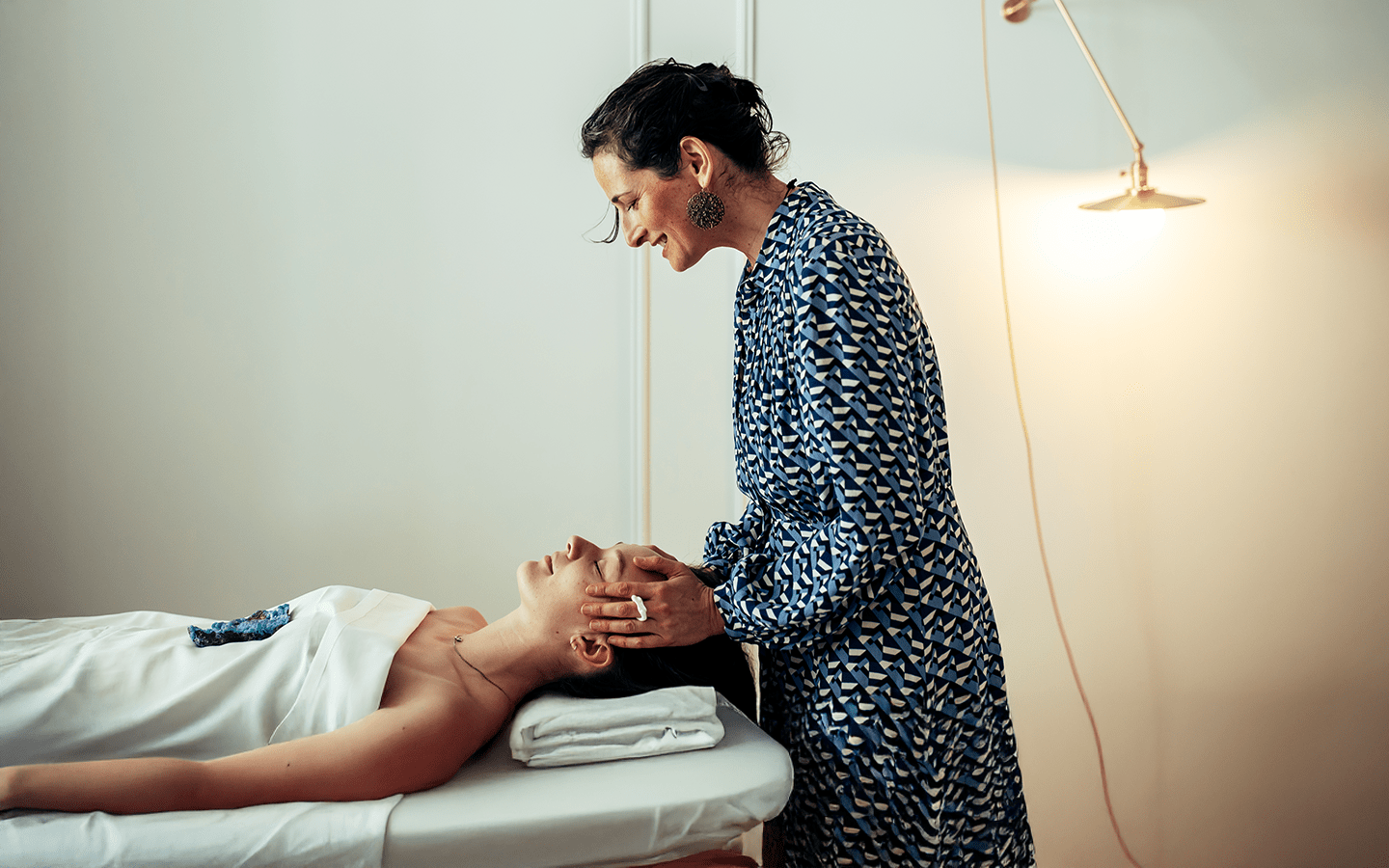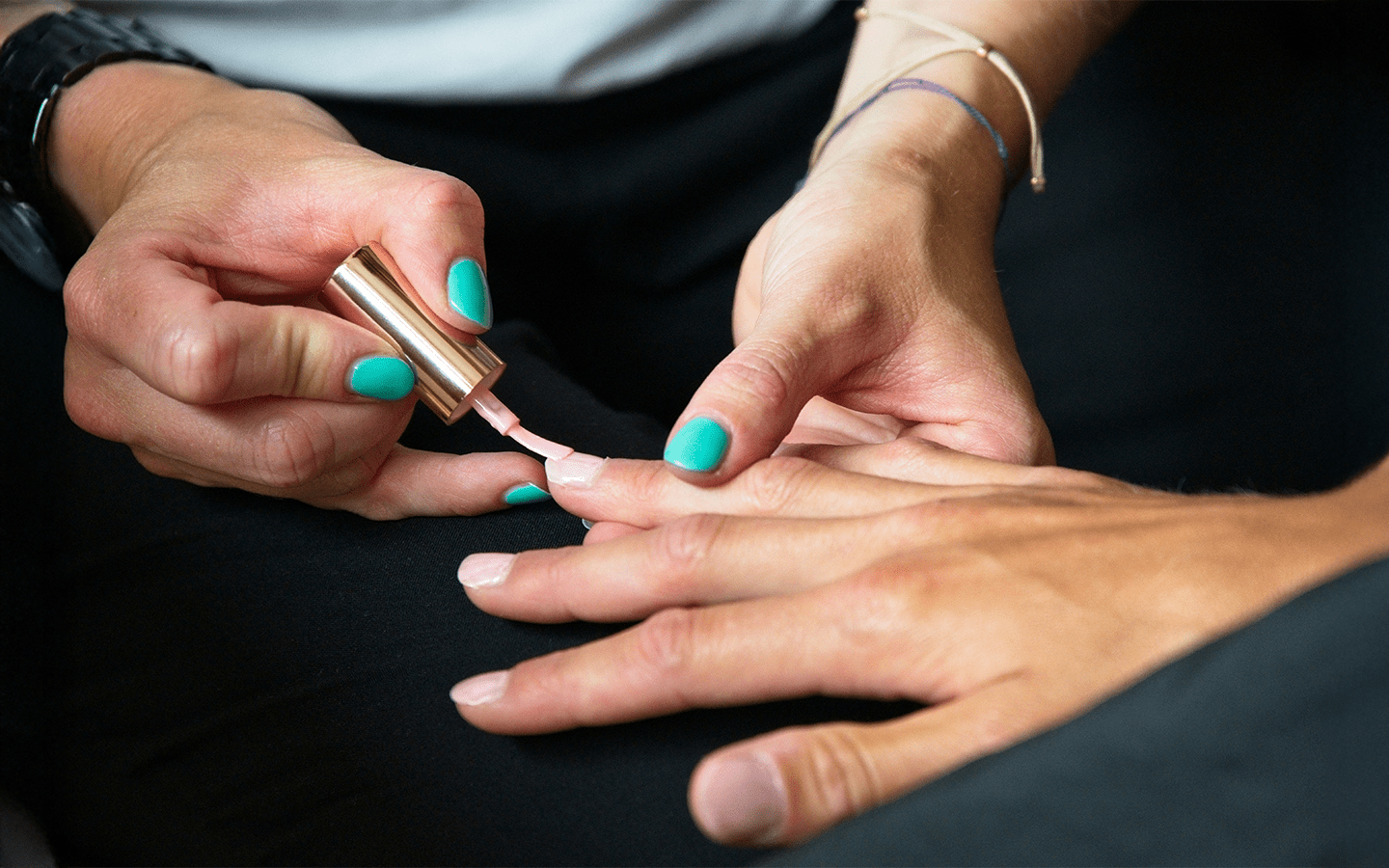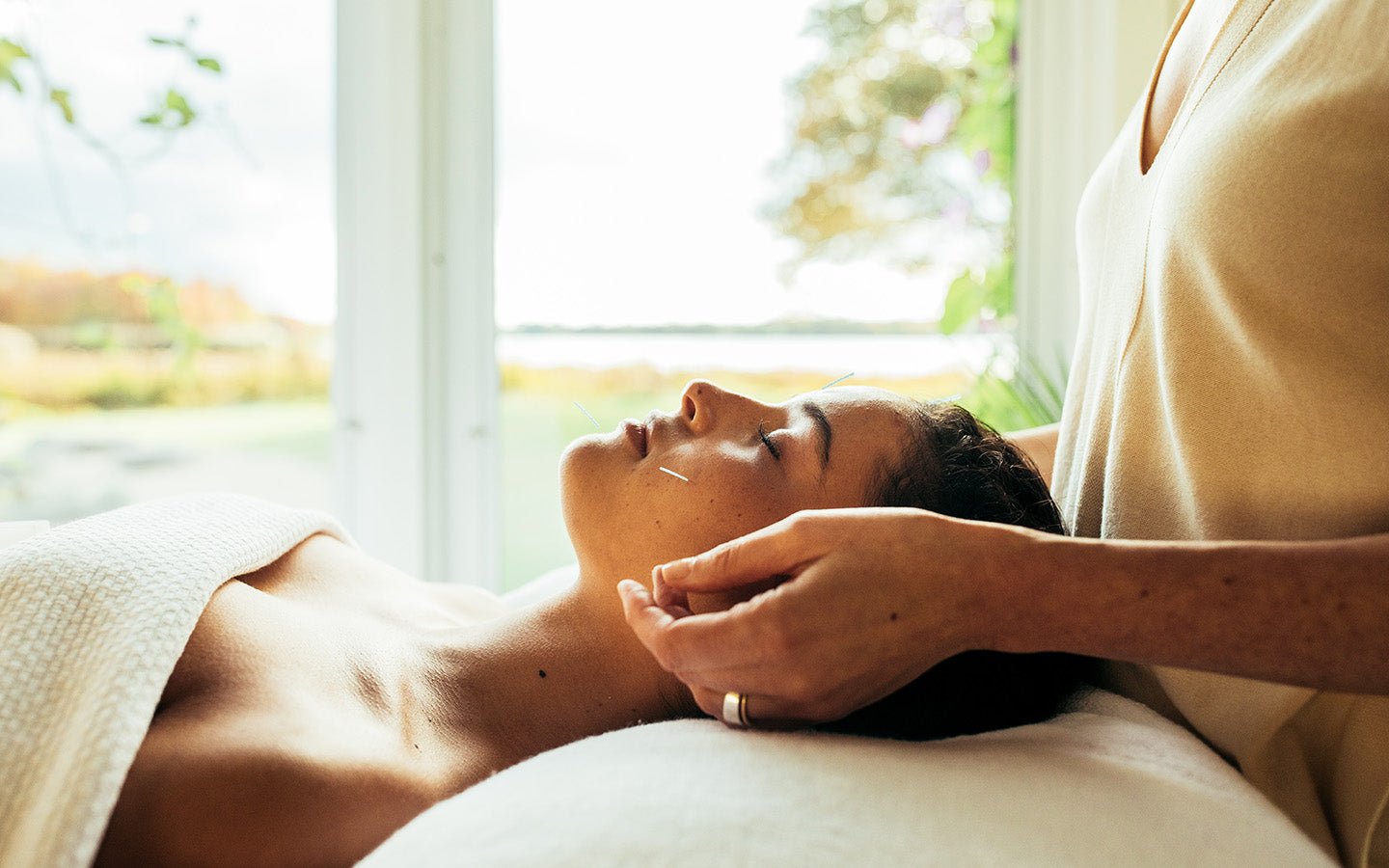
Finding Good Acupuncture Near Me in Rhode Island
Our Ultimate Guide
Are you looking to enhance your overall well-being? Women's wellness is a crucial aspect of self-care, and acupuncture has been a time-tested practice for promoting female health.
Dive into the historical roots and modern-day benefits of acupuncture tailored specifically for women. From managing menstrual pain to supporting fertility and easing menopausal symptoms, acupuncture offers natural solutions for women's unique health conditions.
Discover what to expect during an acupuncture session, how it can be personalized to meet your body's needs and debunk common myths surrounding this ancient practice.
Learn how to choose the right acupuncturist and explore real stories of transformation through acupuncture in women's health. This blog is a must-read if you’re seeking holistic approaches to improve your well-being!
Introduction
Looking for good acupuncture? Welcome to Dr. Catherine Acupuncture & Lymphatic Drainage, your ideal destination for the best acupuncture near me in Rhode Island.
I am dedicated to providing holistic and transformative healing experiences that integrate various approaches to medicine, including acupuncture, lymphatic drainage & detoxification, facial acupuncture, herbal medicine, traditional Chinese medicine, and more.
I've spent 17 years helping women feel better in their bodies and about themselves.
Being a woman is a journey filled with unique challenges at every stage of life. I understand these challenges and am here to help you navigate them.
I offer personalized treatment plans tailored to your individual needs. Whether you are seeking relief from chronic pain, looking to enhance your well-being, or exploring alternative medicine approaches, Dr. Catherine Acupuncture & Lymphatic Drainage, your best acupuncture near me, is here to guide you on your healing journey.
Acupuncture has been practiced for thousands of years and is deeply rooted in Traditional Chinese Medicine. It revolves around the concept of natural healing mechanisms within the body and restoring balance to the natural energy flow.
This ancient healing art aims to clear any blockages, ensuring a harmonious flow of vitality throughout the body. Chinese acupuncture, in particular, is deeply rooted in millennia-old traditions and focuses on restoring the body's balance of qi, or vital energy, through the strategic insertion of needles along meridians.
This type of acupuncture, known as traditional acupuncture, is not just about treating symptoms but addressing the root cause of health conditions and restoring balance on a profound level. It offers a pathway to profound transformation and renewed vitality.
Exploring the Essence of Acupuncture in Women's Health
Acupuncture plays a significant role in promoting women's health by addressing specific concerns and imbalances unique to women.
It involves the strategic insertion of acupuncture needles into specific points along meridians or energy pathways in the body.
These needles gently stimulate the body's innate healing responses, stimulating the lymbic system, promoting relief from symptoms and supporting overall well-being.
Acupuncture treatment for women's health focuses on restoring balance to hormonal levels, improving reproductive health, and relieving menstrual pain and menopausal symptoms.
By restoring the flow of energy and enhancing blood flow, acupuncture supports the body's natural healing mechanisms and promotes holistic wellness.
The Historical Roots of Acupuncture for Female Wellness
Acupuncture for women's health has a rich historical background that dates back thousands of years in Traditional Chinese Medicine.
Traditional Chinese Medicine views the human body as a complex network of energy pathways known as meridians.
These meridians are responsible for the flow of vital energy or qi throughout the body.
When there is an imbalance or blockage in the flow of qi, it can lead to various health issues.
Acupuncture aims to restore balance and harmony by stimulating specific acupuncture points along these meridians.
In my studio, I specialize in Chinese acupuncture, offering an oasis of relaxation and healing in the heart of Newport, Rhode Island.
Modern Acupuncture Practices and Their Benefits for Women
While acupuncture has deep historical roots, modern practices have evolved to address the specific health issues faced by women today.
Modern acupuncture incorporates scientific advancements and evidence-based practices to provide effective treatment for a wide range of women's health concerns.
It offers a holistic approach to reproductive health, addressing hormonal imbalances, fertility issues, menstrual pain, menopausal symptoms, and more.
Acupuncture has been shown to regulate menstrual cycles, improve ovarian function, and enhance overall reproductive health.
Modern acupuncture promotes women's well-being by supporting the body's natural healing mechanisms and offers a natural and effective alternative to conventional treatments.
Understanding How Acupuncture Addresses Women-Specific Conditions
Acupuncture targets specific points along energy pathways in the body to address women-specific conditions.
By stimulating these specific points, acupuncture promotes the body's natural healing mechanisms and restores balance.
For women, acupuncture can effectively manage menstrual pain and irregularities, alleviate menopausal symptoms, and support fertility and pregnancy.
Through the strategic insertion of acupuncture needles, acupuncture treatment promotes pain management, natural healing, and hormonal balance.
It offers a safe and non-invasive approach to addressing women's health concerns and provides relief from various symptoms associated with menstrual cycles, menopause, and reproductive health.
Managing Menstrual Pain and Irregularities
Menstrual pain and irregularities can significantly impact a woman's quality of life. Acupuncture offers a natural and effective solution for managing menstrual pain and promoting regular menstrual cycles.
Acupuncture stimulates the body’s natural pain-relieving mechanisms by targeting specific acupuncture points, providing effective pain management.
It helps alleviate cramps, reduce bloating, and balance hormonal levels, offering relief from menstrual discomfort.
Acupuncture supports the body's natural healing processes, addressing the root cause of menstrual pain and irregularities.
With regular acupuncture sessions, women can experience reduced pain, improved hormonal balance, and overall well-being during their menstrual cycles.
Enhancing Fertility and Supporting Pregnancy
Acupuncture has been shown to be effective in enhancing fertility and supporting a healthy pregnancy.
It can be a valuable resource for couples struggling with fertility issues or those seeking to optimize their reproductive health.
Acupuncture treatment for fertility aims to regulate the menstrual cycle, improve ovarian function, and enhance the chances of conception.
It can also support a healthy pregnancy by reducing stress, promoting relaxation, and alleviating common discomforts such as nausea and back pain.
Acupuncture during pregnancy can help prepare the body for labor, reduce anxiety, and provide drug-free pain management.
By addressing the specific needs of women's reproductive health, acupuncture offers a holistic approach to fertility and pregnancy support.
Easing Menopausal Symptoms Naturally
Menopause is a natural stage in a woman's life, but it can come with a range of uncomfortable symptoms.
Acupuncture offers a natural and effective approach to easing menopausal symptoms and supporting women during this transition.
By restoring balance to the body's energy flow, acupuncture helps alleviate hot flashes, night sweats, mood swings, and sleep disturbances.
It can also help regulate hormonal imbalances and support emotional well-being.
Acupuncture provides a safe and non-invasive alternative to hormone replacement therapy, offering women a holistic and natural approach to managing menopausal symptoms.
With regular acupuncture sessions, women can experience reduced discomfort and improved quality of life during menopause.
The Acupuncture Experience: What to Expect
If you're considering acupuncture, it's helpful to know what to expect during an acupuncture session. Acupuncture sessions typically begin with an intake form to guide the initial consultation about your health concerns and treatment goals. During the session, acupuncture practitioners will strategically insert thin acupuncture needles into specific acupuncture points on your body to address various ailments. These needles are very thin and are typically painless upon insertion. You will then be given time to relax and rest while the acupuncture needles are in place. Many people find acupuncture sessions to be deeply relaxing and rejuvenating, providing a sense of calm and well-being.
Preparing for Your First Acupuncture Session
Preparing for your first acupuncture session involves a few simple steps to ensure a smooth and fulfilling experience. Before you arrive, make a short list of the health concerns that are most pressing for you. Wear loose-fitting clothes and have a light snack beforehand. Comfortable, loose-fitting clothes will allow easy access to the areas where acupuncture points will be targeted.
During the Session: Techniques and Sensations
During the acupuncture session, you may experience various sensations as the acupuncture needles are inserted into your body. Some people describe a slight tingling or dull ache at the site of the needle insertion, while others may not feel any sensation at all. These sensations are normal and are a sign that the acupuncture treatment is working to stimulate the flow of energy within your body. Many people find acupuncture sessions to be deeply relaxing, promoting a sense of calm and well-being. It's important to communicate openly with your acupuncture practitioner about any sensations or discomfort you may experience during the session, as they can adjust their techniques to ensure your comfort and safety.
Post-Session Care and Follow-Up Advice
After your acupuncture session, it's important to take care of yourself and follow any post-session care and follow-up advice provided by your acupuncture practitioner. This may involve recommendations for self-care practices such as gentle exercise, adequate hydration, and stress management techniques. It's also important to follow any dietary or lifestyle recommendations that may support the benefits of acupuncture treatment. Acupuncture offers cumulative benefits, so it's recommended to schedule regular sessions to maintain the positive effects of the treatment. By following the post-session care and advice provided, you can optimize the benefits of acupuncture and support your overall health and well-being.
Tailoring Acupuncture to Your Body's Needs
Acupuncture is a highly individualized form of treatment that considers your unique needs and health concerns. Acupuncture practitioners typically begin with a holistic assessment, which includes understanding your medical history, lifestyle factors, and treatment goals. This assessment allows them to tailor a personalized treatment plan that addresses your specific needs and preferences, including various techniques such as traditional Chinese medicine acupuncture, gua sha, and Chinese herbal medicine. By taking a holistic approach to your well-being, acupuncture provides a comprehensive and individualized treatment experience for various health conditions. Through personalized treatment plans, acupuncture can effectively address a wide range of health conditions and support your body's natural healing mechanisms.
Combining Acupuncture with Other Natural Therapies
Acupuncture is not just a standalone treatment
Acupuncture is not just a standalone treatment; it can be combined with other natural therapies to provide a holistic approach to healing. When integrated with therapies like lymphatic massage, bodywork, aromatherapy, and herbal medicine, acupuncture becomes part of a comprehensive treatment plan that addresses the body, mind, and spirit.
Lymphatic massage for lymph drainage and detoxification
Lymphatic massage helps promote lymph fluid circulation, aiding in the removal of toxins and waste from body tissues. It involves gentle massage techniques to stimulate lymph flow. It can help improve lymph circulation, reduce excess fluids around the face, eye area, jawline, legs & torso, boosting the immune system, and aid in relaxation and stress reduction.
Aromatherapy for stimulating the limbic system
Aromatherapy is a form of alternative medicine that harnesses the power of plant extracts to support health and well-being. The practice involves the use of essential oils by applying them diluted to the skin to reap their potential wellness benefits. Essential oils work by stimulating smell receptors in the nose, sending messages through the nervous system to the limbic system - the part of the brain that controls emotions. Inhaling or applying the oils can affect emotional states and even some physiological functions like heart rate and blood pressure.
Bodywork to complement acupuncture
Bodywork, such as massage therapy, can complement acupuncture and physical therapy by promoting relaxation, relieving muscle tension, and enhancing the overall effects of treatment.
Chinese herbal medicine to further address the root causes
Traditional Chinese medicine believes that disease is caused by imbalances in the Yin and Yang energies that flow through the body's meridians. Acupuncture is used to unblock and rebalance the flow of Qi through these meridians. Chinese herbs are prescribed to restore this energy balance further and treat specific organ dysfunctions related to the disease.
Complementary medicine is all about utilizing various therapies to work together, creating a whole that is greater than the sum of its parts. By combining acupuncture with other natural therapies, such as lymphatic massage, aromatherapy, and Chinese herbal medicine, women can receive a personalized and holistic treatment plan that addresses their specific needs, promotes balance, and supports their overall well-being.
Debunking Common Myths About Acupuncture
Acupuncture is a practice often surrounded by myths and misconceptions. Let's debunk some common myths and provide clarity on its safety and effectiveness.
Myth 1: Acupuncture is painful and uncomfortable. In reality, acupuncture needles are extremely thin, and most patients experience little to no pain during treatment. The sensations felt are often described as a slight tingling or heaviness, and any discomfort is usually minimal and temporary.
Myth 2: Acupuncture is not safe. On the contrary, acupuncture is a safe and non-invasive therapy when performed by a qualified and experienced practitioner. Sterile, single-use needles are used to ensure safety, and practitioners follow strict hygiene protocols.
Myth 3: Acupuncture is not effective. Numerous studies and countless patient testimonials attest to the effectiveness of acupuncture for a wide range of health conditions. Acupuncture stimulates the body's natural healing responses and promotes balance, making it a valuable therapy for many individuals.
Addressing Safety and Effectiveness Concerns
Safety and effectiveness are major concerns when it comes to any form of medical treatment. Fortunately, acupuncture has a long history of safety and has been proven effective for a variety of health conditions.
When performed by a licensed and skilled acupuncturist, acupuncture is a safe and non-invasive therapy. The use of sterile, single-use needles ensures the prevention of infections and other complications. Additionally, practitioners follow strict hygiene protocols to maintain a safe treatment environment.
In terms of effectiveness, acupuncture has been shown to provide relief for various health concerns, including chronic pain. Studies have demonstrated that acupuncture can reduce pain intensity and improve physical function in individuals with conditions such as back pain, migraines, arthritis, and fibromyalgia. It promotes the release of endorphins, the body's natural pain-relieving chemicals, and stimulates the body's self-healing mechanisms. Acupuncture is also a safe and effective treatment option for addressing physical pain, improving sleep patterns, reducing stress, and managing insomnia.
If you have concerns about the safety or effectiveness of acupuncture, it is essential to consult with a qualified acupuncturist who can address your specific needs and provide accurate information based on your individual health conditions.
Clarifying Misconceptions About Pain and Discomfort
One common misconception about acupuncture is that it is a painful and uncomfortable procedure. In reality, acupuncture is generally well-tolerated and provides pain relief rather than causing discomfort.
Acupuncture needles are extremely thin, much finer than regular needles used for injections or blood tests. Most patients describe the sensations during acupuncture as minimal, often experiencing a slight tingling or heaviness rather than pain. Any discomfort felt is usually temporary and dissipates quickly.
In fact, acupuncture is often sought out for its pain management benefits. It can effectively relieve various types of pain, including chronic pain conditions like migraines, arthritis, and back pain. By stimulating acupuncture points, the body's natural pain-relieving chemicals, such as endorphins, are released, providing effective pain management and reducing discomfort through techniques like trigger point therapy. While some may believe that acupuncture is not covered by insurance, it is important to clarify that some insurance policies do cover acupuncture, such as Medicare for chronic lower back pain. It is always best to contact your insurance company to inquire about coverage and co-payments.
If you have concerns about the potential pain or discomfort associated with acupuncture, it is important to communicate openly with your acupuncturist. They can address your concerns, provide reassurance, and adjust the treatment approach to ensure your comfort throughout the session.
Choosing the Right Acupuncturist for Women's Health Issues
Choosing the right acupuncturist is crucial when seeking treatment for women's health issues. Here are some key considerations to keep in mind:
Qualifications: Look for a licensed acupuncturist who has undergone rigorous training and is certified by reputable acupuncture regulatory bodies. This ensures that they have the necessary knowledge and skills to provide safe and effective treatment.
Experience: Consider the acupuncturist's years of experience in treating women's health issues. An experienced practitioner will have a deep understanding of women's unique needs and concerns and can tailor treatment plans accordingly.
By choosing a qualified and experienced acupuncturist specializing in women's health, you can have confidence in receiving personalized and effective treatment for your concerns.
Essential Qualifications to Look For
Certain qualifications are essential to consider when choosing an acupuncturist for women's health issues. Look for an acupuncturist who is licensed in your state and certified by reputable acupuncture regulatory bodies. In New England, The NCCAOM (National Certification Commission for Acupuncture and Oriental Medicine) is the main national certifying body. Most states, including those in New England, require NCCAOM examination or certification for licensure.
Acupuncture schools like the New England School of Acupuncture (NESA) at MCPHS University provide the education needed for licensure. NESA programs are accredited by the Accreditation Commission for Acupuncture and Herbal Medicine (ACAHM).
While a practitioner can have Board certification in Acupuncture, and/or Chinese Herbology, I recommend that you make sure your Chinese Medicine Doctor is licensed and board certified in both acupuncture and Chinese herbs.
To become a licensed and board-certified acupuncturist, the TCM doctor will have completed a 3-4 year full-time master’s degree, which includes thousands of hours of supervised hands-on clinical training and passed national or state board exams.
While this means that the TCM practitioner is qualified and experienced in acupuncture, it is preferable to find a TCM practitioner who is also certified in Chinese herbology. There are basic, essential herbal formulas that many acupuncturists work with. However, without the training that a Board certification in Chinese herbs represents, acupuncturists are not able to bring the true efficacy (and safety) of Chinese herbal medicine to their patients.
It’s worth noting that doctors, dentists, chiropractors and physical therapists are also able to perform a limited form of “needle therapy” with just 300 hours of training. Because they are practicing under their other medical licenses, they are not required to meet the standards for acupuncture licensing; the service they offer is an adjunct. This means they can take a very abbreviated training and they don’t need to maintain their skills with continuing education.
Essentially, this would be the equivalent to getting dental work done by an acupuncturist who’d studied dentistry on the side at home.
An easy way to find out if a practitioner is fully licensed is to reference the National Certification Commission for Acupuncture and Oriental Medicine website NCCAOM which lists licensed practitioners from across the U.S. A current NCCAOM certification is also an indication that your practitioner is keeping up with the Continuing Medical Education requirements.
By prioritizing these qualifications, you can find an acupuncturist who is well-equipped to provide expert care for women's health issues.
Finding a Specialist in Women's Health
In addition to finding a qualified acupuncturist, seeking a specialist in women's health can be beneficial. A specialist has advanced knowledge and expertise in addressing specific women's health conditions and concerns.
Whether you are dealing with fertility issues, hormonal imbalances, menstrual cramps, or other women's health challenges, a specialist in women's health can provide targeted treatment plans tailored to your specific needs. They understand the intricate workings of the female body and can address the root causes of these conditions.
When researching acupuncturists, look for those who advertise their specialization in women's health or have experience treating the specific condition you are seeking help for. By finding a specialist in women's health, you can receive expert care that is specifically tailored to your unique circumstances.
Real Stories of Transformation: Women's Health and Acupuncture
The transformative power of acupuncture for women's health is best understood through real stories of transformation. Verified testimonials provide insight into the profound impact acupuncture can have on women's well-being and quality of life.
Testimonials from women who have found relief and improvement through acupuncture offer firsthand accounts of the benefits they have experienced. These testimonials provide reassurance and inspiration for women considering acupuncture as a treatment option.
By sharing these real stories of transformation, the transformative power of acupuncture for women's health becomes evident, offering hope and encouragement to women seeking holistic healing and wellness.
Testimonials from Women Who Found Relief
Conclusion
Acupuncture offers a holistic approach to women's health, addressing specific conditions like menstrual pain, fertility, and menopausal symptoms naturally. By tailoring treatments to individual needs and combining acupuncture with other natural therapies, it aims to provide effective relief. Debunking myths around safety and discomfort, it emphasizes the importance of choosing a qualified acupuncturist specializing in women's health. Real stories of transformation through acupuncture showcase its positive impact, supported by testimonials. For optimal results, consistency in acupuncture sessions and ongoing care at home are recommended. Trust in expert care for your well-being with acupuncture tailored to support women's health needs.
Frequently Asked Questions
How Often Should I Get Acupuncture for Optimal Results?
The frequency of acupuncture sessions varies depending on individual health concerns and treatment goals. For optimal results, acupuncturists often recommend regular sessions initially, typically 1-2 times per week. As symptoms improve, the frequency may be reduced to monthly or as needed to maintain balance and support overall well-being. The acupuncturist will guide you in determining the ideal treatment frequency based on your specific needs and the flow of energy within your body.
Can Acupuncture Help with Hormonal Imbalances?
Yes, acupuncture can be beneficial for hormonal imbalances. By stimulating specific points along energy pathways, acupuncture helps regulate hormonal function and promote natural healing within the body. Acupuncture can be used to address a range of hormonal imbalances, including those related to the menstrual cycle, menopause, and fertility.
Is Acupuncture Safe During Pregnancy?
Acupuncture can be safe during pregnancy when performed by a qualified acupuncturist who has experience working with pregnant women. It can help address common pregnancy discomforts, promote overall wellness, and support a healthy pregnancy. However, it is essential to discuss any health issues or concerns with your healthcare provider and find an acupuncturist who is experienced in prenatal care.
How to Continue Benefiting from Acupuncture at Home?
To continue benefiting from acupuncture at home, you can incorporate self-care practices that support energy flow and relaxation. This may include activities like practicing mindfulness meditation, gentle stretching exercises, deep breathing techniques, and maintaining a balanced and healthy lifestyle. These home practices can complement your acupuncture sessions and support overall health maintenance and well-being.
